Two years of Brexit logjam has invited a sudden flurry of activity – the resignation of a prime minister, the reluctant but welcomed return of Brexit leader Nigel Farage and, inevitably, a chance to revisit and dust-off old ideas.
One debate likely to re-emerge is on the Anglosphere – a unique English-speaking global commons, historical stalwart for liberty and, more recently, potential mercantile saviour for a post-Brexit Britain. As enchanting as these points are, however, they can present a lumbering broadside for not only caricature but scepticism. Especially for an Australian. The mere mention of the term ‘Anglosphere’ is enough in some circles to provoke accusations of a “nostalgia-infused post-imperial amnesia” while, for others; the case remains unconvincing in a cosmopolitan and Asia-focused future.
Although addressing the former arguments is unsalvageable the latter requires fair discussion and engagement. These criticisms point to where Anglosphere advocates need to do a better job persuading sceptics the Anglosphere has diplomatic relevance and potency in a future where, as many serious people observe, western civilisation may hang in the balance.
Anglosphere critics make three points. First, they highlight the lack of clarity around economic or trade benefits among Anglosphere nations. Australia, for example, has over half of its trade tilted toward Asia. The commercial memory of a 1970s Britain turning away from Australia and other Anglosphere nations to Europe is, if not instructive of past pitfalls, also not entirely forgotten.
Second, to a contemporary audience, the Anglosphere inevitably drums up prejudice and jingoism. Deploying the term ‘Anglosphere’ – especially around inner-city dinner tables – can lead to an awkward defence of some of the rougher edges of empire – counter-insurgency measures, uncomfortable cultural cleavages, anti-insurrection techniques and, to borrow from acclaimed British historian Lawrence James, “a sense of superiority… that frequently bordered on downright xenophobia.”
Other civilisations have, of course, engaged in much more brutal forms of territorial expansion. Yet it is the British Empire that remains most salient in our times. This, after all, is the basis for Indian Congress politician Shashi Tharoor’s viral Oxford-speech-turned-book Inglorious Empire: What the British Did to India. Other empires did bad things, Tharoor concedes, but because the Brits are fresh in living memory they are uniquely liable for cash payments, repatriations and formal apologies like Willy Brandt’s knee-dropping penance for Germany.
Third, claims to Anglosphere membership appear to come at the expense of the billions who appear outside of the tent. Granted, the sun never set on the British Empire and the weight of the Commonwealth – 53 nations, all six continents, and 20 per cent of the world’s land area – reveals some serious global appeal. But the Anglosphere appears to exclude places where we are constantly reminded the global future lies – China, large parts of Asia, South America, Russia, and swathes of Europe.
While these criticisms suffer from obvious imprecisions there are at least four things Anglosphere believers can do to advance the cause. First, advocates need to plainly point out that the Anglosphere is not about race but an idea. Nelson Mandela, for example, noted it was a deeply held attachment to British ideals that ultimately led to taking on apartheid. Did he agree with every aspect of British foreign conduct? Likely not. But did Mandela see himself fitting into a unique British tradition of liberty? Absolutely.
Second, apply comparisons. Anglosphere advocates need to point to historical alternatives to the Commonwealth and constantly ask critics – ‘compared to what?’ Indeed, after looking at historical comparisons, it is clearly much more beneficial to have been settled by the British than French, Portuguese or Spanish empires where, in sum, a respect for the rule of law and its many associated benefits has waned with time.
Furthermore, it can be so simple, as some critics do, dismissing “some modernising benefits” of the Anglosphere without weighing up just how beneficial these elements have been. After all, to possess lineage to Niall Ferguson’s ‘killer apps’ – “competition, science, property, modern medicine, consumerism and the work ethic” – is much more beneficial than not.
Third, Anglosphere advocates need to better argue where the fusion of ideas and individuals, regardless of political alignment, enables prosperity. Here I do not mean the creative individuals of Silicon Valley tech start-ups but figures like V.S. Naipaul or Chinua Achebe – creative writers that certainly prodded empire but also sensibly respected western and British traditions. The late V.S. Naipaul, for example, wrote, “I couldn’t have become the kind of writer I am in Eastern Europe or the Soviet Union or black Africa. I don’t think I could have taken my gifts even to India.”
For Naipaul, like Mandela, London was not only a place of flourishing but the headquarters to an open access ‘universal civilisation’. “I don’t imagine my father’s parents would have been able to understand the idea,” he told the Manhattan Institute in 1991. “So much is contained in it: the idea of the individual, responsibility, choice, the life of the intellect, the idea of vocation and perfectibility and achievement.” And Naipaul’s attachment to such a worldview, like Mandela’s, ultimately had very little to do with complexion.
Fourth and finally, Anglosphere advocates need not get too dragged into definitions. The Anglosphere, after all, seems to be better served as an idea and not so much by formal trade deals or hard and fast membership forms. After all, it was the late Robert Conquest that correctly suggested a future Anglosphere union should be “weaker than a federation, but stronger than an alliance.”
It is a great way to think of the concept. And doing so, I hope, will enable the Anglosphere to build new bridges, persuade tolerable sceptics and encourage more individuals into its fold.
Sean Jacobs is a spokesman for the Australian Monarchist League and author of Winners Don’t Cheat: Advice for young Australians from a young Australian.
Got something to add? Join the discussion and comment below.
Got something to add? Join the discussion and comment below.
Get 10 issues for just $10
Subscribe to The Spectator Australia today for the next 10 magazine issues, plus full online access, for just $10.

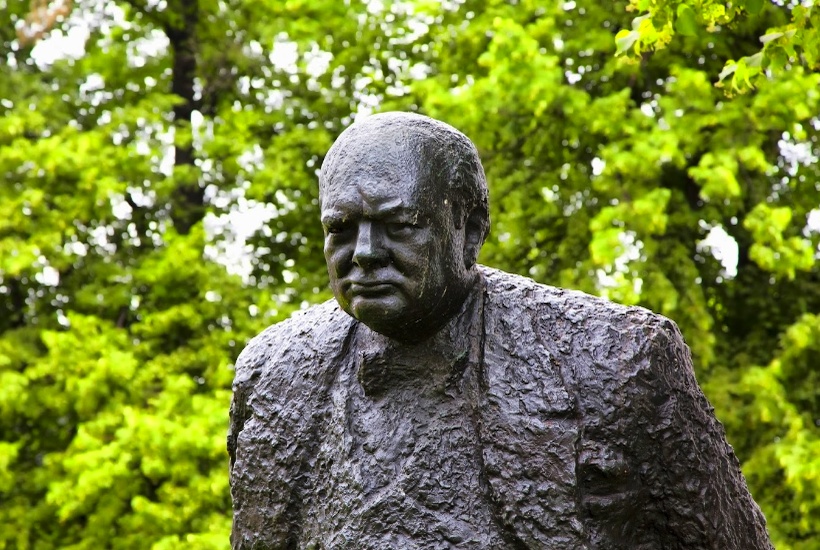
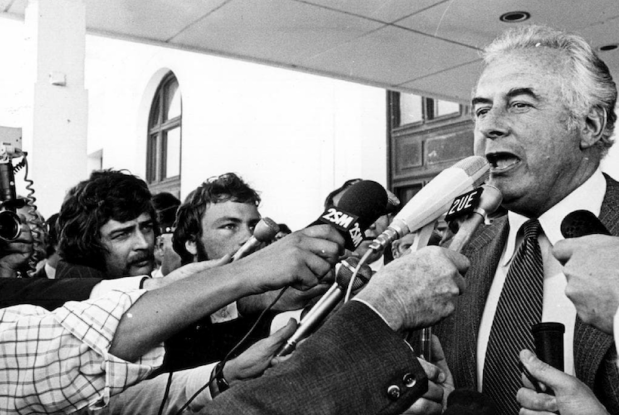
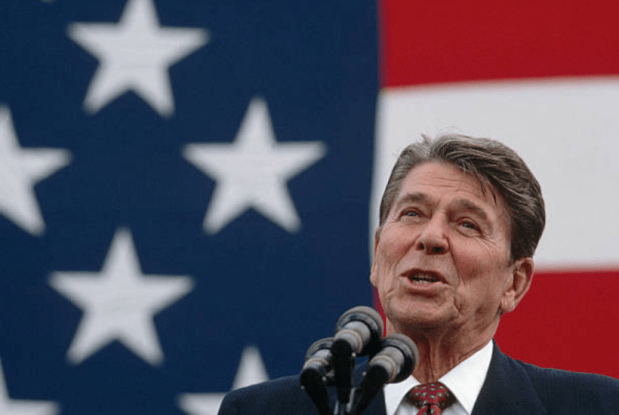
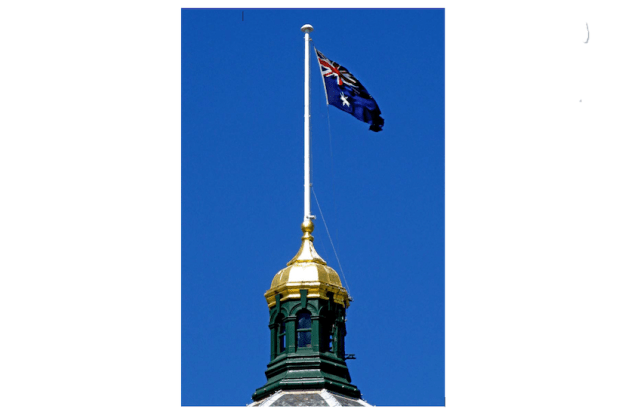
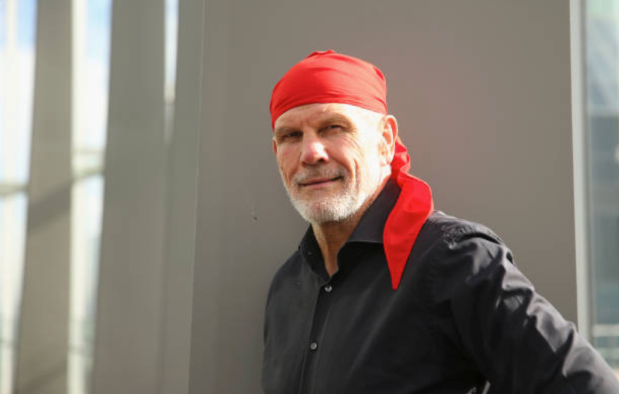




















Comments
Don't miss out
Join the conversation with other Spectator Australia readers. Subscribe to leave a comment.
SUBSCRIBEAlready a subscriber? Log in